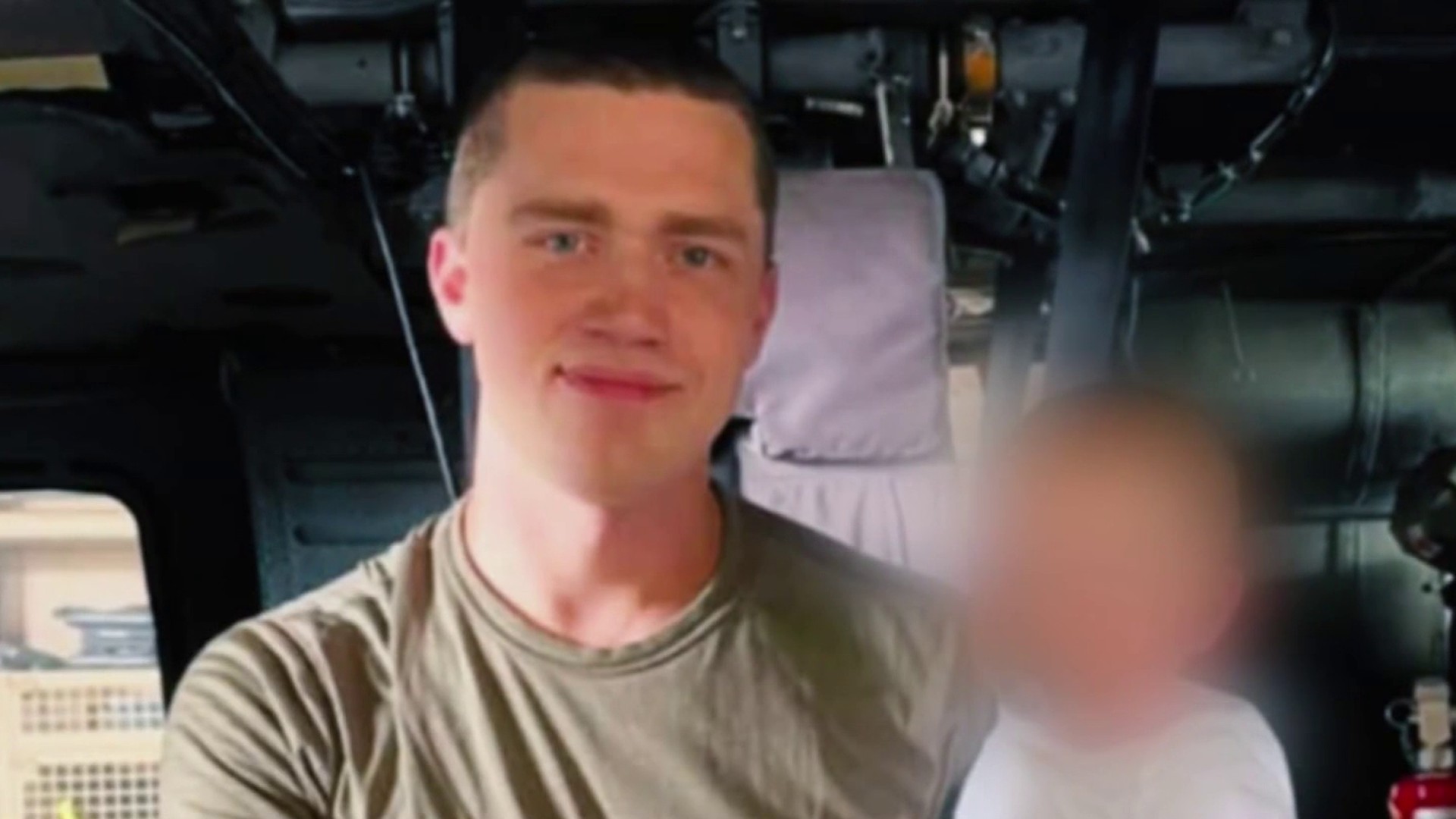The Federal Aviation Administration made recommendations about staffing levels and responsibilities in the air traffic control tower at Reagan National Airport. Transportation Reporter Adam Tuss has the latest from the airport.
The Federal Aviation Administration made recommendations about staffing levels and responsibilities in the air traffic control tower at Reagan National Airport in response to the tragic midair collision near the airport Jan. 29.
Only one air traffic controller was in charge of airplane and helicopter traffic when a military helicopter collided with an American Airlines flight, killing all 67 people aboard the two aircraft.
The FAA is pushing back, saying it wants tougher regulations: Having one set of eyes on the planes and another on the helicopters. The FAA to wants to make sure staffing levels are where they need to be at Reagan National's air traffic control tower going forward.
“The FAA has emphasized the importance of staffing the helicopter position in accordance with the facility SOP and elevated the level of the approving authority for combining the position to the facility manager,” the agency said in a statement.
We've got the news you need to know to start your day. Sign up for the First & 4Most morning newsletter — delivered to your inbox daily. Sign up here.
The tail end of that statement means that if one traffic controller is going to watch both helicopters and planes, that person needs another layer of approval before doing so.
NBC News reported that on the night of the collision, an air traffic control supervisor in the tower let a controller end their shift early, leaving only one controller to watch both helicopters and planes.
The National Transportation Safety Board made it clear that on the night of the tragedy, some communication from the tower to the helicopter about the incoming American Airlines CRJ plane was missed.
The NTSB said it's possible the helicopter crew never heard the instructions to pass behind the plane.
"So, the instructions from ATC were to pass behind the CRJ,” NTSB Chair Jennifer Homendy said. “That transmission was interrupted. It was stepped on."
All runways at the airport have reopened since the crash, but helicopter traffic remains limited around Reagan National.
Sign up for our free deep-dive newsletter, The 4Front, to get standout News4 stories sent right to your inbox. Subscribe here.




